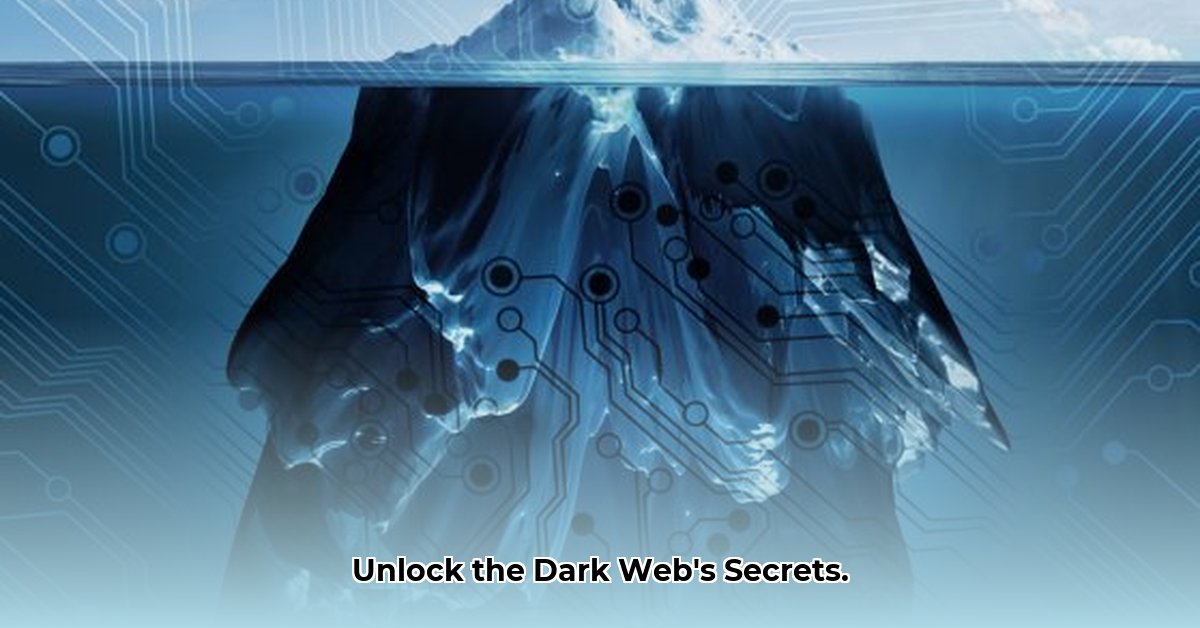
The dark web. It evokes images of mystery, intrigue, and danger—and rightfully so. Accessing it requires a clear understanding of the inherent risks and a commitment to robust security measures. This guide isn't an endorsement of dark web exploration, but rather a practical instruction manual for those with legitimate reasons to navigate this complex and potentially hazardous digital landscape. We'll explore the tools available, prioritize safety, and outline essential precautions.
Understanding the Risks: Navigating a Digital Minefield
Before delving into specific search engines, it's crucial to acknowledge the inherent dangers. The dark web operates largely outside traditional legal and regulatory frameworks, leading to a higher prevalence of malware, scams, and illegal activities. Phishing attempts, data-stealing viruses, and malicious actors are commonplace. While security measures can mitigate risks, complete anonymity remains an elusive goal. Even the most cautious user is vulnerable to unforeseen threats.
Choosing Your Tools: Dark Web Search Engines – An Overview
Several dark web search engines exist, each possessing unique strengths and weaknesses. Remember, no single tool guarantees complete safety. Security is a layered approach, requiring multiple defenses.
Torch: Known for its user-friendly interface, Torch provides a relatively straightforward search experience. However, its ease of use shouldn't be mistaken for foolproof security. Always maintain vigilance.
Ahmia: This search engine focuses on hidden services (.onion sites). Popular among users seeking specific information, it's still not immune to the risks of the dark web.
Other Options: Many lesser-known engines exist. However, their security and reliability are often uncertain. Unless you possess extensive technical expertise and a deep understanding of dark web security, sticking to established choices is strongly advised.
Important Note: The dark web's landscape is constantly evolving. Regularly update your knowledge of online security threats and best practices. This is an ongoing commitment, not a one-time learning process. A rhetorical question: How many times a year should you update your knowledge of dark web security protocols?
Essential Safety Precautions: Layering Your Defenses
Using a secure search engine is just the beginning. Employing multiple layers of protection is essential—think of it as building a robust digital fortress.
Tor Browser: The Foundation: Absolutely essential. Tor anonymizes your internet traffic by routing it through multiple servers, making tracking your activity significantly more difficult. This is more than a suggestion, it is a critical first step.
VPN: An Additional Shield: A Virtual Private Network encrypts your internet traffic, adding another layer of privacy. Select a reputable provider with a strict "no-logs" policy, providing an additional layer of security above and beyond the Tor browser's protection.
Software Updates: Regularly update your operating system, browser, antivirus software, and VPN client. Vulnerabilities are constantly discovered, and these updates help patch these security holes.
Extreme Vigilance: Refrain from downloading files unless absolutely necessary. When downloading is unavoidable, conduct thorough virus scans before opening any files, or simply don't download any files. Never disclose personal information—passwords, financial details, addresses – under any circumstances. Maintain an extreme level of skepticism toward all online interactions and content. If something seems too good to be true, it probably is.
Legal Compliance: Accessing certain content on the dark web may be illegal in your jurisdiction. Understand and abide by local laws. Ignorance is not a defense against legal repercussions.
Practical Tips: Measured Approach for Enhanced Safety
Gradual Exploration: Start with well-known and established websites. Don't rush into uncharted territories. A slow, methodical approach is key.
Source Verification: Always treat dark web information with extreme skepticism. Verify claims using reliable sources before accepting their validity.
Time Management: Limit your dark web sessions. Prolonged exposure significantly elevates your risk profile.
Regular Security Audits: Regularly perform security scans, check for malware, and review your system's security settings. Maintaining a watchful eye is crucial in preventing security breaches.
The Limitations of Search Engine Comparisons: A Subjective Landscape
Objectively comparing dark web search engines is challenging. Independently verifying index sizes and accuracy is often impossible. Claims of massive indexes should be viewed with extreme skepticism, given how easily this type of information can be falsified. Prioritize an engine's reputation and user reviews over generalized boasts.
Conclusion: Calculated Caution, Not Recklessness
The dark web offers unique opportunities, but the risks are substantial. By carefully selecting a search engine, layering your security, and exercising extreme caution, you can mitigate risks but not eliminate them entirely. Complete anonymity and total safety are essentially impossible to guarantee. Proceed with the utmost caution.